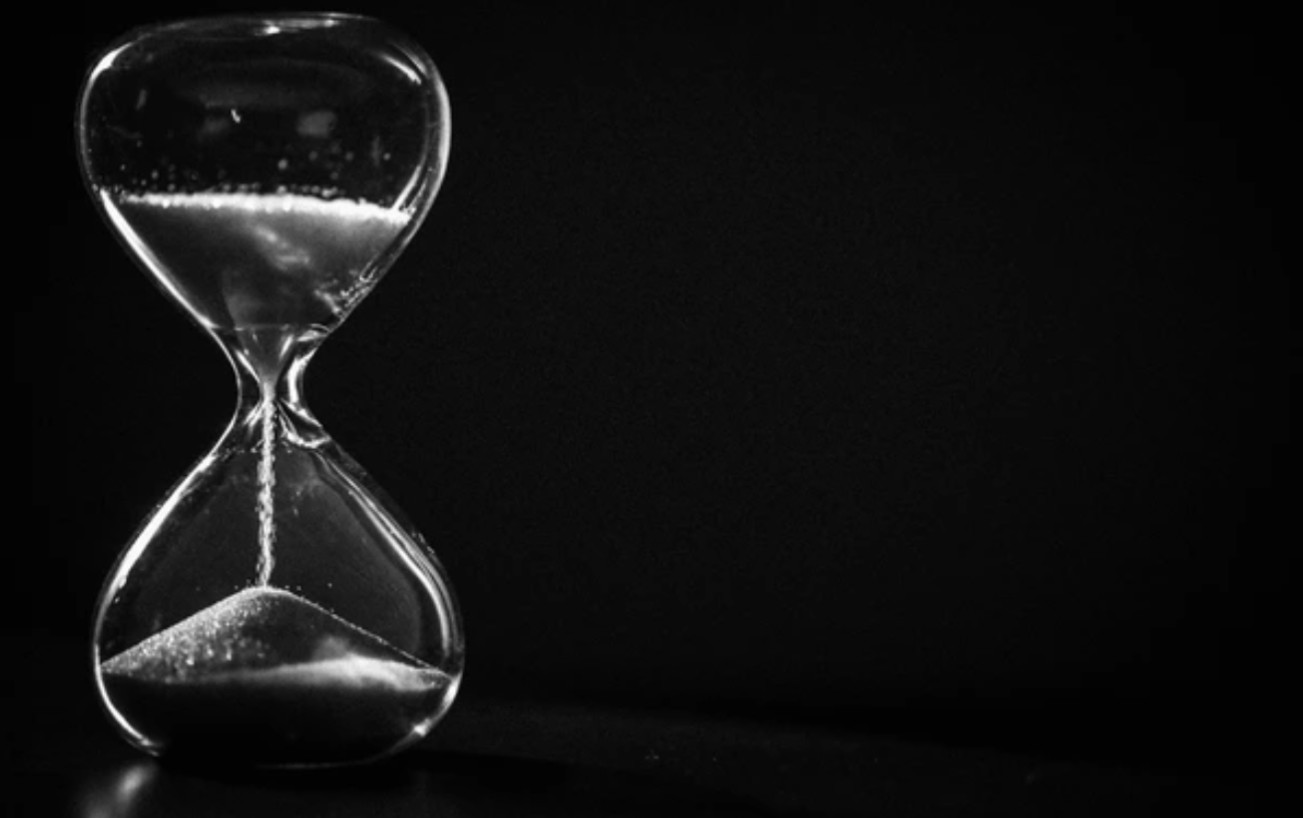There’s something quietly beautiful about waiting. I don’t mean the dull, clock-staring kind of waiting you do at a bus stop, but the charged kind – the pause before something happens. The heartbeat right before a result drops, or the flicker of hope when you don’t yet know how it’ll turn out. It’s strange, isn’t it? That sliver of time between almost and actually often feels better than the outcome itself.

The strange sweetness of uncertainty
We humans, for all our logic and spreadsheets, are wired for suspense. It’s not even about the outcome half the time – it’s the dance around it, the tease. That’s why some people love watching the reels spin or waiting for a score to appear on a screen. It’s that hum of “what if” that keeps the pulse steady but alert.
Even something like SlotsCharm captures that feeling perfectly – not because it’s about flashing lights or loud wins, but because it knows anticipation is half the joy. SlotsCharm is a well-known UK platform where players can dive into a wide mix of online entertainment. With smooth payments, fair play, and generous rewards, it offers a safe, exciting space to test your luck. The design is simple, the experience seamless, and every moment carries that pulse of anticipation – not just about winning, but about the thrill of being in the moment.
The psychology of the “almost”
You know that buzz when you’re watching something unfold – a match, a trading chart, or even your phone lighting up after posting something risky? That’s dopamine at work. It’s not the win itself that lights the brain up, but the possibility. The anticipation. Psychologists have known this for years – unpredictability drives excitement more than certainty ever could.
Think about it: once you know what’s coming, the fun’s gone. The curtain drops, the spell breaks. It’s why cliffhangers work, why lotteries exist, why people still refresh emails or peek at notifications hoping for something good.
Everyday examples of waiting we secretly enjoy
- Watching the delivery tracker edge closer
- Waiting for an auction countdown to end
- Checking if someone’s replied to your message
- Waiting for the kettle to click off, knowing tea’s nearly done
- Holding your breath before revealing results – in anything
Every single one of these moments has a tinge of thrill. The waiting becomes its own reward.
The slow build and the quiet high
There’s an art to enjoying the in-between – the prelude before the payoff. It’s not about rushing to the result but savouring that tension. It’s like standing at the top of a rollercoaster before the drop – you almost don’t want it to end, even though you know the rush is coming.
I’ve noticed that some people chase that feeling in everyday life. It’s subtle – they take longer to open messages, delay opening results, even avoid finishing TV shows just to stretch that “not yet” feeling. Maybe that’s our brain’s way of keeping the story alive.
The truth is, once the mystery is gone, the magic fades. That’s why people keep returning for another go, another round, another chance to feel that same anticipation again.
The science behind it all
Let’s get a bit nerdy for a second. Dopamine – the so-called “pleasure chemical” – is often misunderstood. It’s not released when we get the reward. It’s released when we expect the reward. That’s a crucial difference. Our brain gets excited not by satisfaction, but by the possibility of satisfaction.
So, the waiting itself becomes the addictive part. You’re on the edge of maybe. The body leans in, the brain hums, and every sense sharpens slightly. Whether it’s a spin, a deal, or a message that could change your day – your brain doesn’t really care what it is, only that it might be something.

The pleasure of patience
In a world built on instant gratification, waiting feels like rebellion. Everything’s faster – news, orders, reactions. But there’s still something almost luxurious about drawing out the moment. Letting suspense breathe.
Writers know it. Musicians know it. Even cooks know it – slow food tastes better not just because of the flavour, but because of the time you’ve invested in it. It’s the same principle: effort builds meaning, delay builds desire.
Maybe that’s why people still love suspenseful films or cliffhangers that make you shout at the TV. We crave uncertainty because it makes us feel.
Making peace with the pause
Waiting doesn’t have to be anxiety; it can be appreciation. When you’re caught in the middle of not knowing, you’re completely present. You’re not in the past or the future – you’re right there, on the edge. That’s what makes it powerful.
Some folks meditate for that sense of being fully in the moment. Others find it naturally, in moments of chance. The stillness before the reveal. The heartbeat before the fall.
Ways to enjoy anticipation
- Stretch the suspense. Don’t rush the reveal – let it build.
- Notice your body. The breath, the pulse, the focus – that’s awareness in action.
- Enjoy not knowing. There’s a rare purity in uncertainty.
- Reframe the wait. It’s not wasted time; it’s the story unfolding.
In the end
The real magic of life might not be in the results, but in the waiting that comes before them. That delicious tension, that heartbeat of maybe. Once you get the thing you were waiting for – the win, the message, the answer – it’s gone. The mystery dissolves.
So maybe we shouldn’t rush to get there so fast. Maybe the point isn’t to win but to linger in the moment before we do. To love the space between the start and the finish. Because, really, that’s where the beauty hides – in the anticipation itself.
